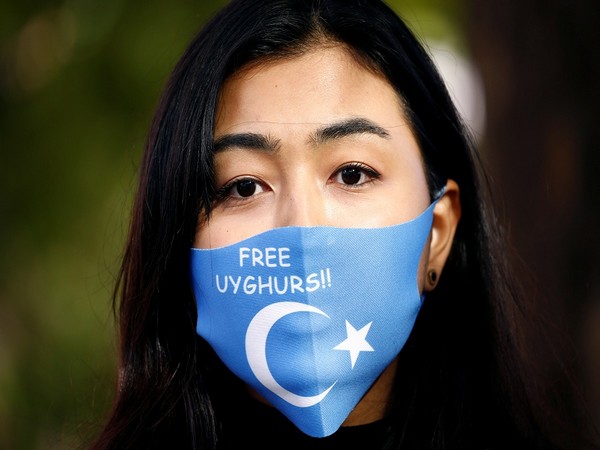Uyghur issue: Liberal democracies like UK must call "a gulag a gulag"
As crimes against humanity in China's Xinjiang region grow exponentially, there is a need for the liberal democracies to call "a gulag a gulag" and slap sanctions on Chinese entities and individuals who are behind the atrocities on Uyghurs.

- Country:
- United Kingdom
As crimes against humanity in China's Xinjiang region grow exponentially, there is a need for the liberal democracies to call "a gulag a gulag" and slap sanctions on Chinese entities and individuals who are behind the atrocities on Uyghurs. According to a report by The Economist, the United Kingdom must "speak up" on the Uyghur issue and it should offer asylum to Uyghurs and, like America, slap targeted sanctions on abusive officials and ban goods made with forced Uyghur labour.
Xinjiang region is home to around 10 million Uyghurs. The Turkic Muslim group, which makes up around 45 per cent of Xinjiang's population, has long accused China's authorities of cultural, religious and economic discrimination. About seven per cent of the Muslim population in Xinjiang has been incarcerated in an expanding network of "political re-education" camps, according to US officials and UN experts.
The Economist stated that the inmates have reportedly said that month after month, they are drilled to renounce extremism and put their faith in "Xi Jinping Thought" rather than the Koran. "One told us that guards ask prisoners if there is a God, and beat those who say there is," The Economist said.
Citing the latest evidence, the newspaper reported that hundreds of thousands of Uyghur children may have been separated from one or both detained parents and many of these temporary orphans are in boarding schools, where they are punished for speaking their own language. Meanwhile, China regularly denies such mistreatment and says the camps provide vocational training. However, people in the internment camps have described being subjected to forced political indoctrination, torture, beatings, and denial of food and medicine, and say they have been prohibited from practising their religion or speaking their language.
Recently, the United Nations Human Rights Council had included China and Pakistan as its members. "It (China) is working in international forums to redefine human rights as being about subsistence and development, not individual dignity and freedom," said The Economist.
Now, as Beijing denies these accounts, it also refuses to allow independent inspections into the regions, at the same time, which further fuels reports related to China's atrocities on the minority Muslims. Urging the liberal democracies to "call a gulag a gulag", The Economist said, "China's regime is not impervious to shame. If it were proud of its harsh actions in Xinjiang, it would not try to hide them. Nor would it lean on smaller countries to sign statements endorsing its policies there. As the scale of the horror emerges, its propaganda has grown less effective: 15 majority-Muslim countries that had signed such statements have changed their mind. China's image has grown darker in many countries in recent years, polls suggest: 86 per cent of Japanese and 85 per cent of Swedes now have an unfavourable view of the country. For a government that seeks to project soft power, this is a worry." (ANI)
(This story has not been edited by Devdiscourse staff and is auto-generated from a syndicated feed.)
ALSO READ
Cyber board says Chinese hack of US officials was 'preventable'
Scathing federal report rips Microsoft for shoddy security, insincerity in response to Chinese hack
Tennis-Wuhan Open to return for the first time since 2019, Chinese media say
Eight missing after Chinese fishing boat collides with Panama container ship
Chinese internet giants buying back own shares to boost market value amid stock rout










